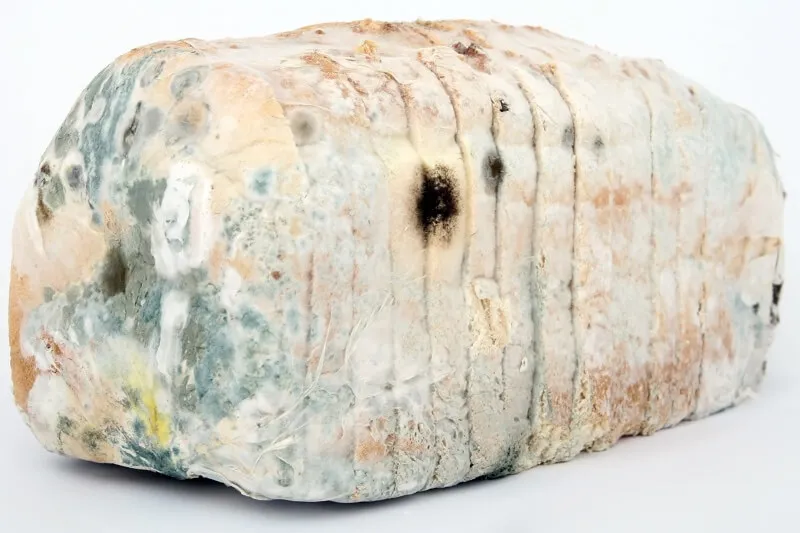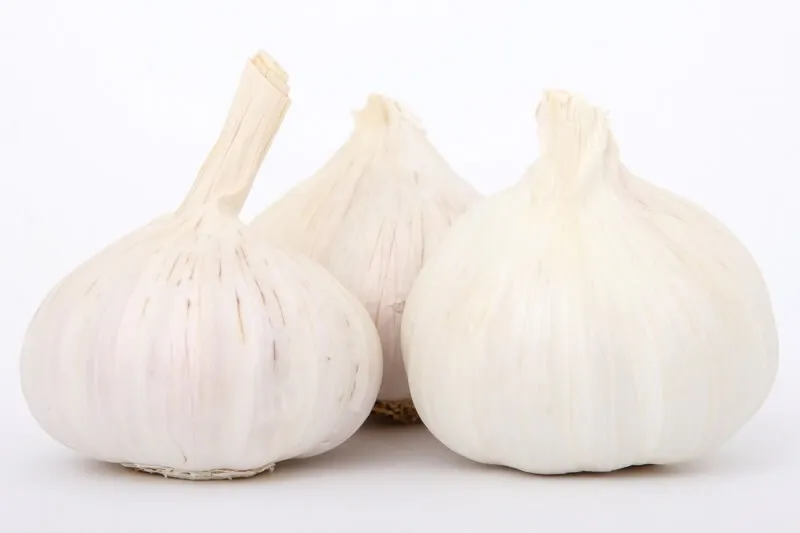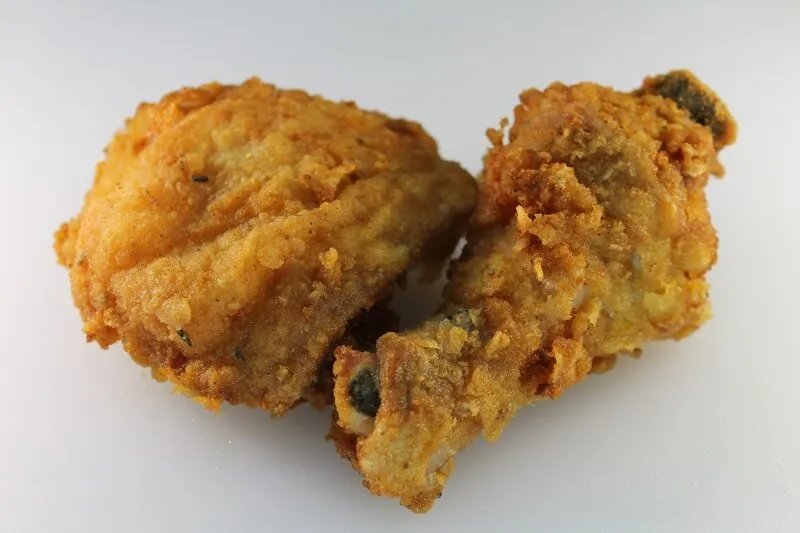As loving dog owners, we always want to share a piece of our lives (and our meals!) with our furry companions. However, what tastes delicious and is perfectly safe for humans can sometimes be highly toxic or dangerous for dogs. When it comes to meat, the question of “What Meat Should You Never Give Dogs” isn’t as simple as avoiding one specific animal. Instead, it often comes down to the condition, preparation, or type of meat and its byproducts. Understanding these distinctions is crucial to safeguarding your dog’s health and preventing potentially life-threatening situations.
While dogs are natural carnivores, their digestive systems are not always equipped to handle the same types of meat or meat preparations that we enjoy. Certain components, bacteria, or even the physical structure of meat products can pose serious risks. This guide will walk you through the various forms of meat you should absolutely avoid feeding your dog, ensuring you make informed choices for their well-being.
Dangerous Meat Categories and Why Your Dog Should Avoid Them
It’s not just about specific animal meat; often, it’s about how the meat is presented or processed. Here are the primary categories of meat you should never give your dog.
1. Raw or Undercooked Meats
Feeding raw meat to dogs has become a popular trend, with advocates citing a more “natural” diet. However, veterinary experts strongly advise against it due to significant health risks for both your dog and your family. Raw or undercooked meats, including poultry, beef, and pork, can harbor dangerous bacteria such as Salmonella, E. coli, and Listeria. These pathogens can cause severe gastrointestinal distress in dogs, leading to symptoms like vomiting, diarrhea, lethargy, and even life-threatening infections. Moldy leftovers in a garbage bin, illustrating spoiled food dangers for dogsBeyond bacterial contamination, raw meat can also contain parasites that are harmful to dogs, even if not immediately apparent. Cooking meat to an appropriate internal temperature effectively kills these harmful organisms, making it safer for consumption. It’s a common misconception that dogs, with their strong stomach acid, are immune to these bacteria. While they may sometimes tolerate them, the risk of serious illness is always present, and infected dogs can also shed these bacteria, posing a risk to humans in the household, particularly children, the elderly, or those with compromised immune systems. For healthier alternatives, consider what food is safe for dogs to eat.
Moldy leftovers in a garbage bin, illustrating spoiled food dangers for dogsBeyond bacterial contamination, raw meat can also contain parasites that are harmful to dogs, even if not immediately apparent. Cooking meat to an appropriate internal temperature effectively kills these harmful organisms, making it safer for consumption. It’s a common misconception that dogs, with their strong stomach acid, are immune to these bacteria. While they may sometimes tolerate them, the risk of serious illness is always present, and infected dogs can also shed these bacteria, posing a risk to humans in the household, particularly children, the elderly, or those with compromised immune systems. For healthier alternatives, consider what food is safe for dogs to eat.
2. Processed and Cured Meats
Processed meats like bacon, ham, sausages, hot dogs, and deli meats are a big no-no for dogs. These products are typically loaded with sodium, nitrates, nitrites, and artificial preservatives, all of which are detrimental to canine health.
- High Sodium Content: Excessive salt intake can lead to sodium ion poisoning in dogs, resulting in increased thirst and urination, vomiting, diarrhea, tremors, seizures, and in severe cases, kidney damage or even death. This is particularly concerning as many processed meats are designed to be extremely savory.
- Nitrates and Preservatives: These additives, while preserving the meat for human consumption, can be toxic to dogs, causing digestive upset and potentially more severe long-term health issues.
- High Fat Content: Many processed meats are also very high in fat, which can trigger pancreatitis in dogs (more on this below).
3. Cooked Bones
While it might seem natural to give your dog a bone, cooked bones are incredibly dangerous. Unlike raw bones, which are somewhat flexible, cooked bones (especially chicken, pork, and beef bones) become brittle and can splinter easily. These sharp fragments can cause serious internal damage:
- Choking hazards: Bones can get lodged in your dog’s throat or digestive tract.
- Internal perforations: Splintered bones can puncture the esophagus, stomach, or intestines, leading to severe pain, internal bleeding, and life-threatening infections.
- Blockages: Large pieces of bone can cause blockages in the digestive system, requiring emergency surgery.
Even if a cooked bone doesn’t splinter, it can still cause constipation or impaction. Always avoid giving cooked bones, regardless of the animal source.
4. Meats Seasoned with Harmful Ingredients
Many human dishes feature meat seasoned with common ingredients that are highly toxic to dogs. This is one of the most common ways dogs accidentally ingest harmful substances.
- Onions and Garlic: These, along with chives and leeks, belong to the Allium family and contain compounds that can damage a dog’s red blood cells, leading to hemolytic anemia. This condition can cause weakness, lethargy, pale gums, and even organ failure. Whether raw, cooked, powdered, or dried, onions and garlic are dangerous. Even a small amount of onion powder found in many spice blends can be problematic.
 Chopped onions, a toxic ingredient often used in seasoned meats for dogs
Chopped onions, a toxic ingredient often used in seasoned meats for dogs - Excessive Salt and Spices: While some salt is necessary for bodily functions, the amounts found in seasoned meats are often far too high for dogs, leading to the aforementioned sodium ion poisoning. Additionally, many common spices like paprika, chili powder, and even black pepper can cause gastrointestinal upset, irritation, and discomfort for dogs, even if not directly toxic. Always opt for plain, unseasoned meat if you intend to share.
 Garlic cloves and chopped garlic, dangerous spices for dogs
Garlic cloves and chopped garlic, dangerous spices for dogs - Xylitol: Although not a seasoning, Xylitol is a sugar substitute sometimes found in marinades or sauces, especially sugar-free BBQ sauces or glazes. Xylitol is extremely toxic to dogs, causing a rapid release of insulin which leads to a sudden and severe drop in blood sugar (hypoglycemia), seizures, liver failure, and death. Always check ingredient labels carefully.
5. High-Fat Meats and Fat Trimmings
While dogs need a certain amount of fat in their diet, excessive amounts, especially from rich, fatty meats, can lead to serious health problems. Feeding your dog fatty meat trimmings from steak, bacon, or even rich poultry skin can cause:
- Gastrointestinal Upset: Vomiting, diarrhea, and stomach pain are common reactions to a sudden influx of rich, fatty foods.
- Pancreatitis: This is a severe inflammation of the pancreas, often triggered by high-fat meals. Pancreatitis is excruciatingly painful for dogs and can lead to lethargy, hunched posture, vomiting, severe dehydration, and requires immediate veterinary attention. Some breeds, like Miniature Schnauzers and Yorkshire Terriers, are particularly predisposed to this condition.
 Greasy bacon strips and fatty meat trimmings, harmful to dogsIt’s always better to remove excess fat from any meat you might consider sharing with your dog.
Greasy bacon strips and fatty meat trimmings, harmful to dogsIt’s always better to remove excess fat from any meat you might consider sharing with your dog.
6. Spoiled or Contaminated Meats
Just like humans, dogs can get very sick from eating spoiled meat. Old, moldy, or rotten meats from the trash can contain dangerous bacteria, mycotoxins (toxins produced by fungi/mold), and other harmful substances that can lead to severe food poisoning. Symptoms can range from vomiting and diarrhea to muscle tremors, neurological issues, and even death. Always dispose of old food securely where your dog cannot access it.
7. Liver in Excess
While liver is a nutrient-dense organ meat that can be beneficial in small amounts, feeding too much liver to your dog can be dangerous. Liver is extremely rich in Vitamin A, and excessive consumption can lead to Vitamin A toxicity, also known as hypervitaminosis A. Symptoms include bone deformities, reduced appetite, weight loss, and joint stiffness. It’s best to offer liver only occasionally and in very small quantities as a treat.
Understanding the Risks: Symptoms of Meat-Related Toxicity
Recognizing the signs of food poisoning or adverse reactions to harmful meats is crucial for timely intervention. If your dog ingests any of the meats discussed above, monitor them closely for the following symptoms:
- Gastrointestinal Upset: Vomiting, diarrhea, loss of appetite, abdominal pain, bloating.
- Lethargy and Weakness: Reduced energy levels, reluctance to move.
- Changes in Behavior: Restlessness, anxiety, pacing, or unusual aggression.
- Neurological Signs: Tremors, seizures, disorientation, uncoordinated movements (ataxia).
- Increased Thirst and Urination: Especially in cases of sodium poisoning.
- Pale Gums: A sign of anemia, particularly from onion/garlic toxicity.
- Choking or Gagging: If bones or large pieces of meat are lodged in the throat.
- Hunched Posture: Often indicative of severe abdominal pain or pancreatitis.
What to Do If Your Dog Eats Harmful Meat: Emergency Tips
Even with the best precautions, accidents can happen. If you suspect your dog has ingested a dangerous type of meat or a meat product seasoned with toxic ingredients, immediate action is vital.
- Stay Calm: Panicking will not help your dog. A calm demeanor allows you to think clearly and provide necessary information.
- Contact Your Veterinarian or Animal Poison Control Immediately: Do not wait for symptoms to appear. The sooner treatment begins, the better the prognosis. Have the following information ready:
- What your dog ate (as precisely as possible, including quantity).
- When they ate it.
- Any symptoms you’ve observed.
- Your dog’s breed, age, and approximate weight.
- The ASPCA Animal Poison Control Center (APCC) is available 24/7 at 888-426-4435. A consultation fee may apply.
 Urgent phone call to a vet for dog food poisoning advice
Urgent phone call to a vet for dog food poisoning advice
- Do NOT Induce Vomiting Without Professional Guidance: Inducing vomiting can sometimes do more harm than good, especially if the substance is corrosive, if the dog is already showing severe symptoms, or if there’s a risk of aspiration. Always follow your vet’s specific instructions.
- Do NOT Self-Treat: Never give your dog human medications or home remedies without consulting a professional. What’s safe for humans can be toxic for dogs.
- Follow Veterinary Advice: Depending on the situation, your vet may recommend bringing your dog in for diagnostic tests, induced vomiting, administration of activated charcoal, IV fluids, or prescribed medications. In severe cases, hospitalization or surgery may be necessary.
For advice on feeding dogs that refuse to eat due to illness, check out our guide on what to give a sick dog that won t eat.
Ensuring Your Dog’s Diet is Safe
The best way to ensure your dog’s safety is to stick to high-quality, commercially prepared dog food formulated to meet their nutritional needs. When considering treats or supplements, always consult your veterinarian.
- Be Mindful of Table Scraps: While tempting to share, most human food isn’t suitable for dogs due to seasonings, fats, and potentially toxic ingredients.
- Read Labels: Always check the ingredient list of any human food you consider giving your dog, especially for common toxins like Xylitol, onion powder, and garlic.
- Secure Trash Cans: Keep all garbage, especially food waste, in securely lidded bins that your dog cannot access.
- Educate Family and Guests: Ensure everyone in your household and any visitors are aware of what foods your dog cannot eat.
- Focus on Safe Alternatives: There are plenty of healthy and safe human foods that dogs can enjoy in moderation. Learn more about what foods can you give your dog.
Conclusion
Understanding “what meat should you never give dogs” goes beyond just a simple list. It involves being aware of raw meat risks, the hidden dangers in processed foods, the physical hazards of cooked bones, and the toxicity of common seasonings. As responsible pet parents, our vigilance in preventing access to these harmful meat products is the first line of defense in protecting our beloved companions. By prioritizing their safety and making informed choices about their diet, we can ensure they lead healthy, happy lives free from preventable illness. Always consult your veterinarian for specific dietary advice tailored to your dog’s individual needs.
References:
- ASPCA Animal Poison Control Center. (n.d.). People Foods to Avoid Feeding Your Pets. Retrieved from https://www.aspca.org/pet-care/animal-poison-control/people-foods-avoid-feeding-your-pets
- Veterinary Partner. (n.d.). Raw Food Diets: Understanding the Risks and Benefits. Retrieved from https://veterinarypartner.vin.com/default.aspx?pid=19239&id=4951473
- American Kennel Club (AKC). (n.d.). Foods That Are Bad for Dogs. Retrieved from https://www.akc.org/expert-advice/nutrition/foods-dogs-should-not-eat/

 Chopped onions, a toxic ingredient often used in seasoned meats for dogs
Chopped onions, a toxic ingredient often used in seasoned meats for dogs Garlic cloves and chopped garlic, dangerous spices for dogs
Garlic cloves and chopped garlic, dangerous spices for dogs Greasy bacon strips and fatty meat trimmings, harmful to dogsIt’s always better to remove excess fat from any meat you might consider sharing with your dog.
Greasy bacon strips and fatty meat trimmings, harmful to dogsIt’s always better to remove excess fat from any meat you might consider sharing with your dog. Urgent phone call to a vet for dog food poisoning advice
Urgent phone call to a vet for dog food poisoning advice